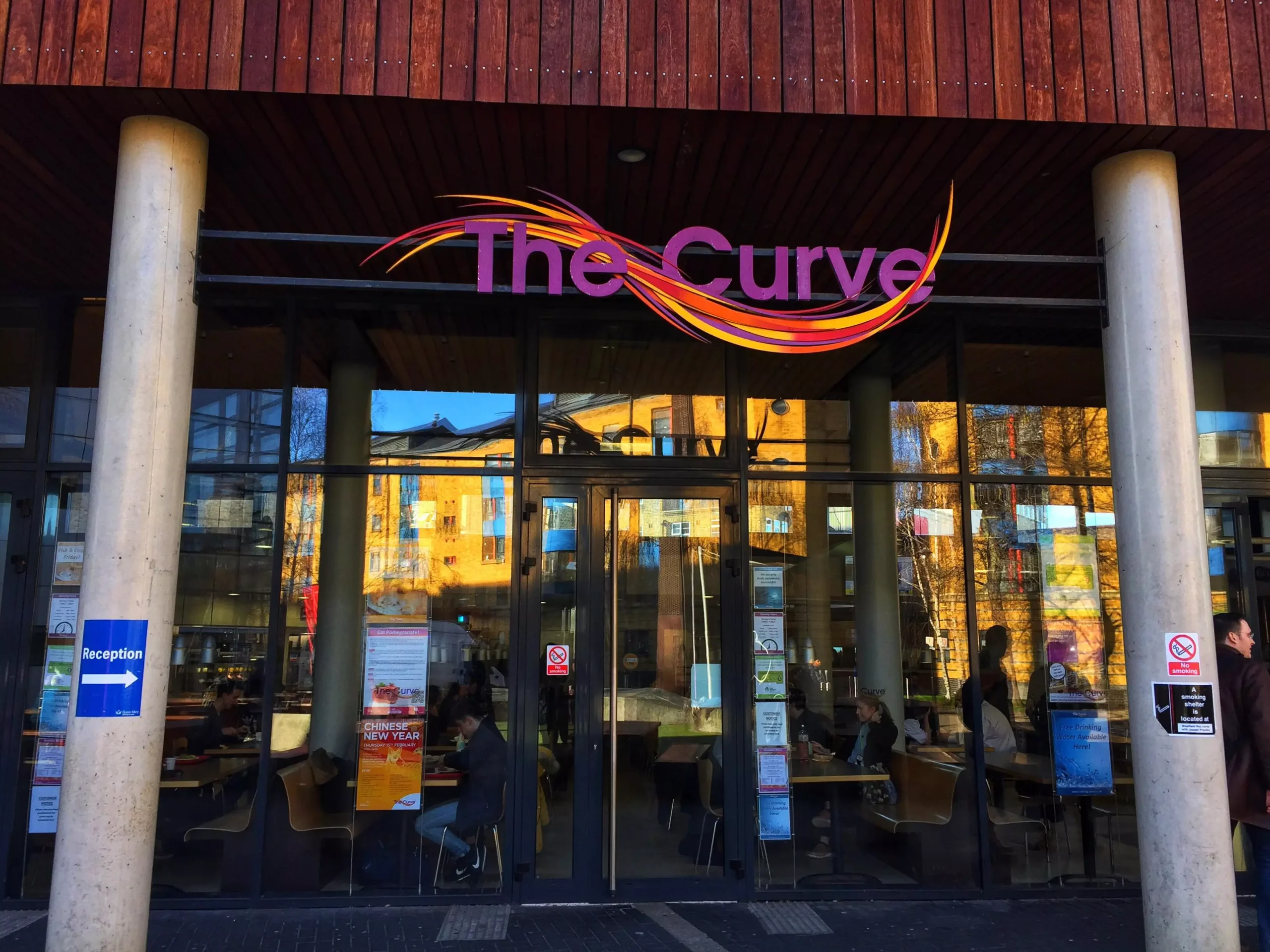4 Common Myths About STEM Students Studying Abroad


As you probably know, STEM students continue to be the minority of those who study abroad in their undergraduate study. Many STEM students either think it is impossible for them to study abroad or feel like it’d be a burden. Let me assure you: those conceptions are not necessarily true.
Myth #1: It Doesn’t Fit My Schedule

STEM majors are known for their rigorous academic curriculum. With so many required classes as well as heavy workloads, labs, research projects and internships coming along, you might think that studying abroad wouldn’t fit your schedule.
However, if you talk to your academic advisor and contact IFSA staff, it is likely that you can find a program that accommodates your degree needs! IFSA also has an expert Curriculum Integration team who is ready to help any student match a study abroad program to the specific requirements for their major. So if you are not sure, just ask!
In addition to major requirements, you can also easily find fun classes that can fulfill credits for electives and general education. Cindy Tang, a psychology major from University of the Pacific, who currently studies abroad at Queen Mary, University of London, is taking a class on London and its Museums for her humanity credit. She has visited many awesome galleries and exhibitions, and even has had classes in a museum!
For some study abroad STEM students, they might miss out on the classes offered in their home school during their semester abroad, or in more rare cases, graduate later than their peers. However, Cindy Tang suggested that you might feel that you are “one step behind your friends,” but “ultimately you are living your own life at your own pace,” so it doesn’t matter if you are doing the same thing with other people or not.
“You are wherever you are.”
Myth #2: There is Not Enough Academic Support
In cases you don’t know it yet, STEM curriculum in U.K. focuses more on independent study. In addition to attending lectures, labs, and tutorials, you are expected to study outside of your class time. The benefit of studying abroad is that you not only experience living your life with more independence, but also take advantage of all kinds of support that’s available.
You can definitely be in touch with your home school’s advisors through emails while abroad. Additionally, you also have various resources provided by your host school and IFSA. At Queen Mary, the lecture videos and textbooks are posted online, so you can have access to them at any point during your study. Queen Mary has at least one international tutor at each school, whose job is to help you get used to their academic system. You will also be paired up with a buddy, a current student, who is there to help you with any question regarding academics, social life, and etc. IFSA staff members also often come to your school to check in with you, to see if you have any questions or concerns.
Myth #3: It’s Hard to Make Friends

Most of the lectures in U.K. have more than a hundred students in class, so there is less interaction among students as well as between students and faculty. However, you can still create interactions in other ways, such as signing up for societies and volunteer programs.
Studying abroad can also offer you a chance to meet more people coming from different cultures, some of whom might be your future STEM friends. Cindy Tang shared that on her way to London from San Francisco, she found out that the person who sat next to her on the plane used to be a psychology graduate student and now she works in U.K. They shared numbers and became good friends. Studying abroad is full of possibilities. You can even make connections with the “stranger” who sits next to you on a plane, on a bus, or on the tube.
Making friends can be as coincidental as Cindy’s encounter, but it can also happen on campus quite naturally and frequently. Marianna Sbordone, an engineering student from Harvey Mudd College shared that Queen Mary is a much larger school, which she “would have never experienced, coming from a school with only nine-hundred students.” As one of the few colleges in London that have a self-contained campus, Queen Mary provides great social spaces in its coffee shop, the Curve cafeteria, and the Drapers Bar & Kitchen where many students hang out together after class. You can easily grab a coffee or order a drink on campus with your fellow friends.
Myth #4: I Can’t Afford Studying Abroad
If you study abroad, it is true that the living expense can be high. However, London is actually rated as one of the most affordable cities in Europe. Especially, Queen Mary provides you with on-campus housing, which is already cheaper than renting apartments yourself. It’s also convenient for you cook in the kitchen at your flat shared with your flat mates. Cooking can always save you a lot of money from dining out. There are also scholarships and grants available for you to apply as well. IFSA offers a variety of work-to-study grants that can definitely help you cover some of the cost while abroad.
Even though studying abroad as STEM students sounds challenging, it is more than possible to do it. Cindy, Marianna and I highly encourage every STEM student to consider studying abroad for its countless benefits. It may be easier to achieve than you think!
Unique Wenxuan Xue is a Theater major at Wesleyan University and studied abroad with IFSA at Queen Mary, University of London in spring 2018. He served as an International Correspondent for IFSA through the Work-To-Study Program.